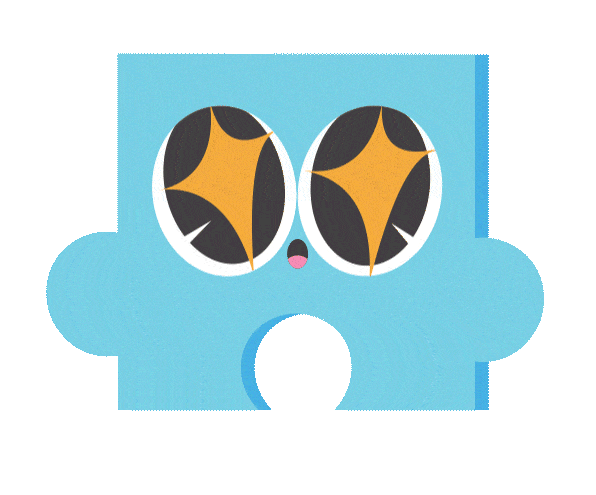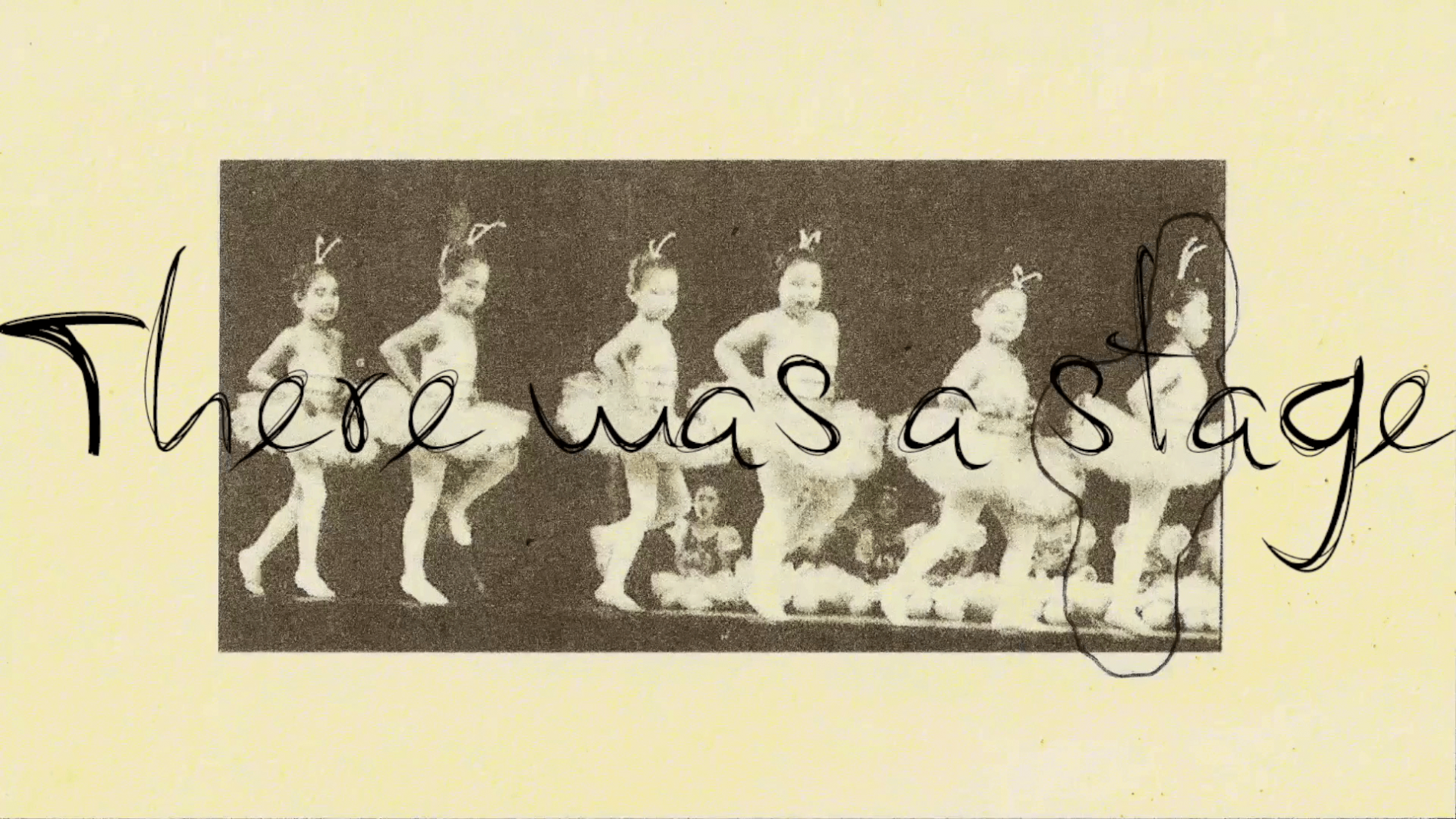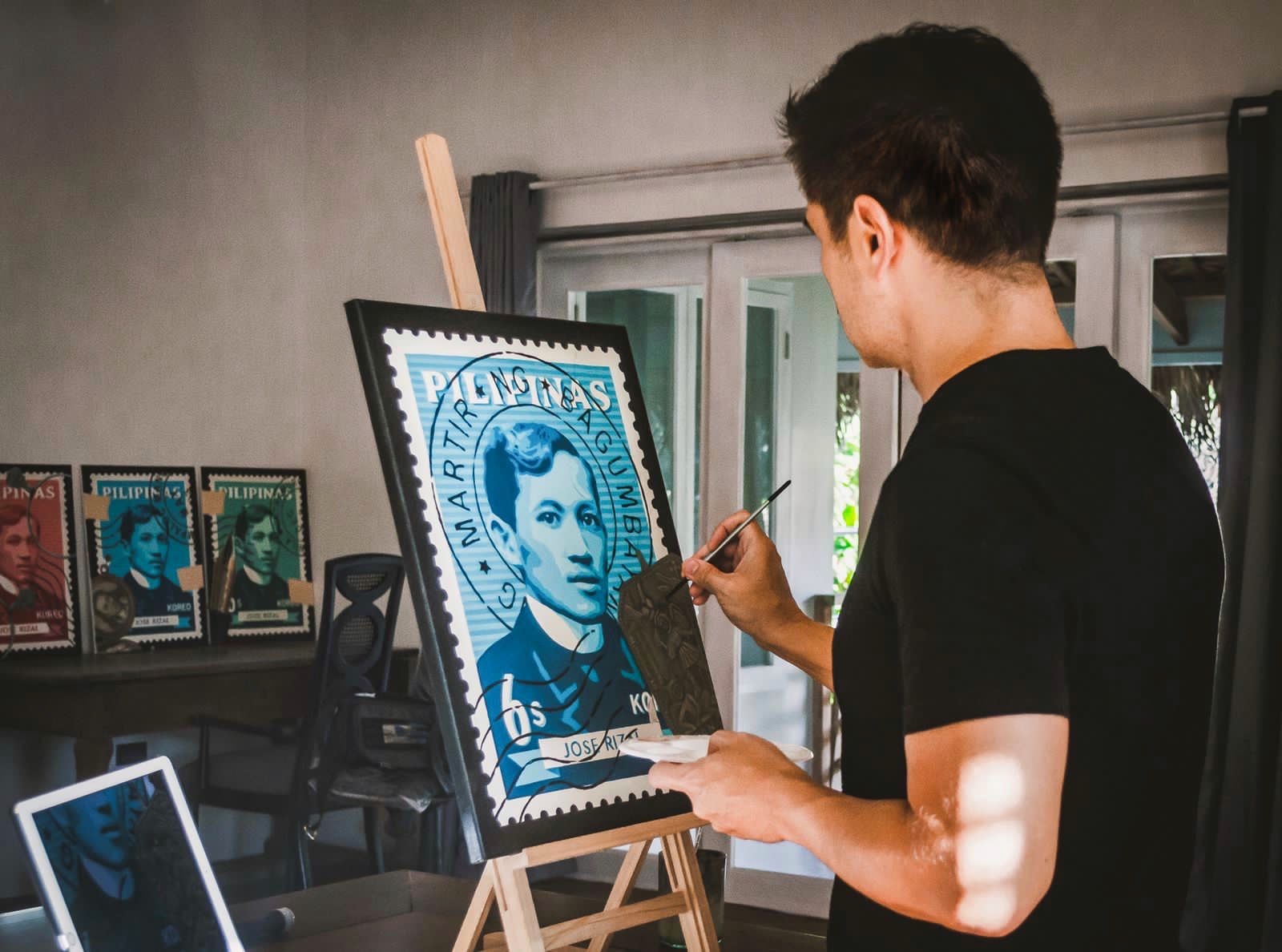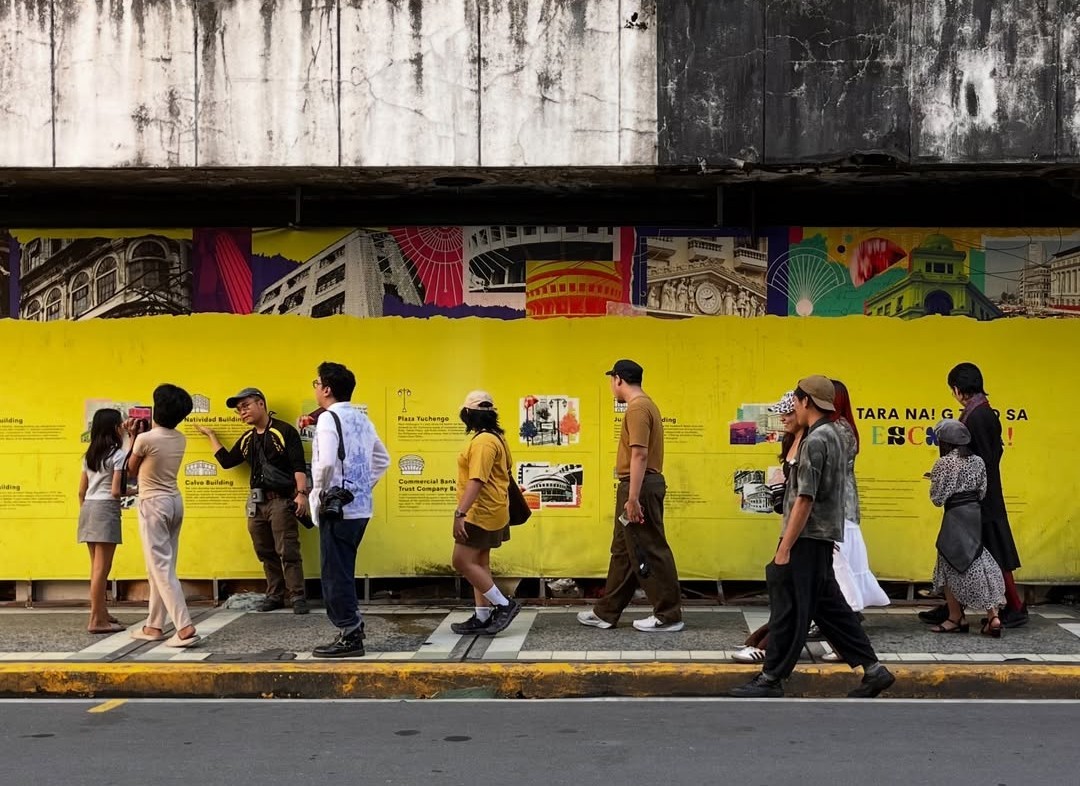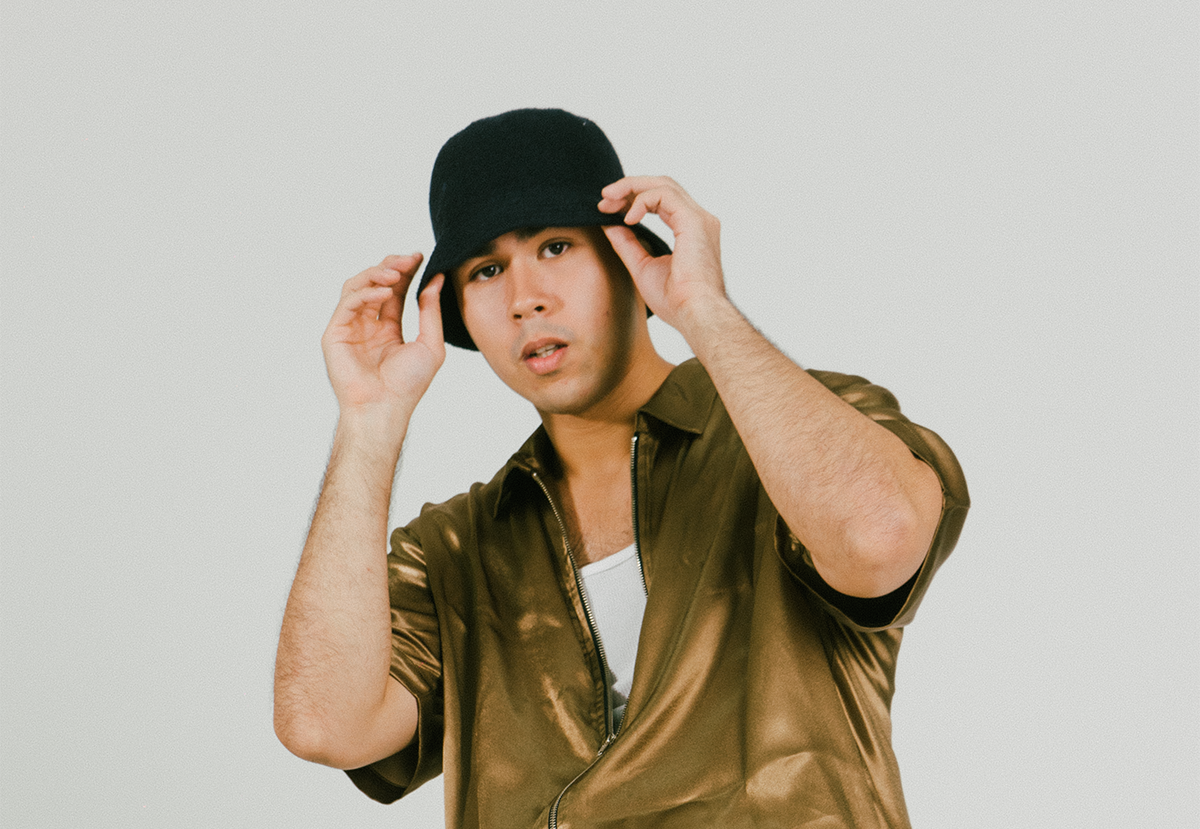
Justine Wieneke takes calculated risks, all for the love of Pinoy hip-hop
The co-founder and CEO of the music label CHEKE is putting his neck on the line to show the world how good Filipino music is
By September Grace Mahino
June 04, 2025
Justine Wieneke, a.k.a. “Dubs”, thought he could escape working with numbers. Born into a family of entrepreneurs (patriarch Jorge Wieneke is one of the founders of Potato Corner), he initially followed the same path, studying entrepreneurship in college and joining the food and beverage industry. “But that didn’t work for me so I left and looked for something that I really wanted to pursue.”
It took him a while to find his niche. “I tried crypto, fitness, working in startups…Then I got into the creative industry.” Here, Wieneke also tried everything—acting, directing, and music—but found it equally hard to find success in any of these fields. “So I ended up focusing on film, working as a director and producer for music videos,” he says. Through his three-year stint at the record label Careless, he picked up the experiences and perspective that he is now pouring into his own label company CHEKE, which he established just this year with co-founders Fern Tan, Costa Cashman, Jaime San Juan, Meme Gomez, and BEAMCO. Running a label, however, meant crunching numbers—something Wieneke thought he had left behind. “I realized that if you have ambitions to make your company sustainable, you have to know what makes money and the costs of building a business.”
Wieneke’s ambitions go beyond having a long-lasting and money-making record label, though. Ultimately, he wants to banner Filipino music—hip-hop, in particular—in the international arena. “I want to be able to elevate the quality of hip-hop music in the country and bring it to the world to show everyone that Pinoy artists are at par with those in the West,” he says. CREATEPhilippines visited Wieneke at the CHEKE HQ to learn more about his plans for making this vision come true and what motivates him to make changes in the way the music industry works.
Your Instagram bio (@papayasoak) describes you as a music guy. How has music influenced your life and career path?
I’ve always been a music fan. It has shaped me since I was very young and led me to pick an unconventional career. From a certain age, I began basing my vision on my music idols, specifically Tyler the Creator and Childish Gambino. These artists aren’t boxed into one thing. They’re musicians, actors, filmmakers, producers, designers, and more. Actually, they’re like modern-day Renaissance men, which is something I aspire to be. I’ve tried everything—acting, directing, making music—and didn’t succeed in any of those individually. Everything I learned from trying them out led me to what I am now doing, though.
@papayasoak How we started CHEKE @CHEKE #costacashman #artistmanagement #cheke #musiclabels ♬ Cozy Day (Lofi) - The Machinist Beats
One person who heavily influenced my take on music, specifically Filipino music, is my older brother Jorge Wieneke V. He has taken on different projects and artist names. One of them is Similarobjects, which he has since retired, and he’s now working on his Obese Dogma project. My brother’s music is very experimental, very electronic, so he’s really not the type to be commercially accepted in the country. I saw how it was difficult for him to find his place in the local music industry: He had to travel far and wide to showcase his music. When he would do DJ gigs, he’d be given an iPod and expected to just press play. Still, he was able to create his own community and carve his niche.
It couldn’t have been easy, too, establishing an independent music label. Tell us how you founded CHEKE.
In the beginning, we were funding the label ourselves. We were already operating by the end of 2024 even though we were still looking for investors, and last year was all about finding them. In December, my business partners and I flew to Bali to make a pitch to potential investors, and we were lucky to finally secure financing.
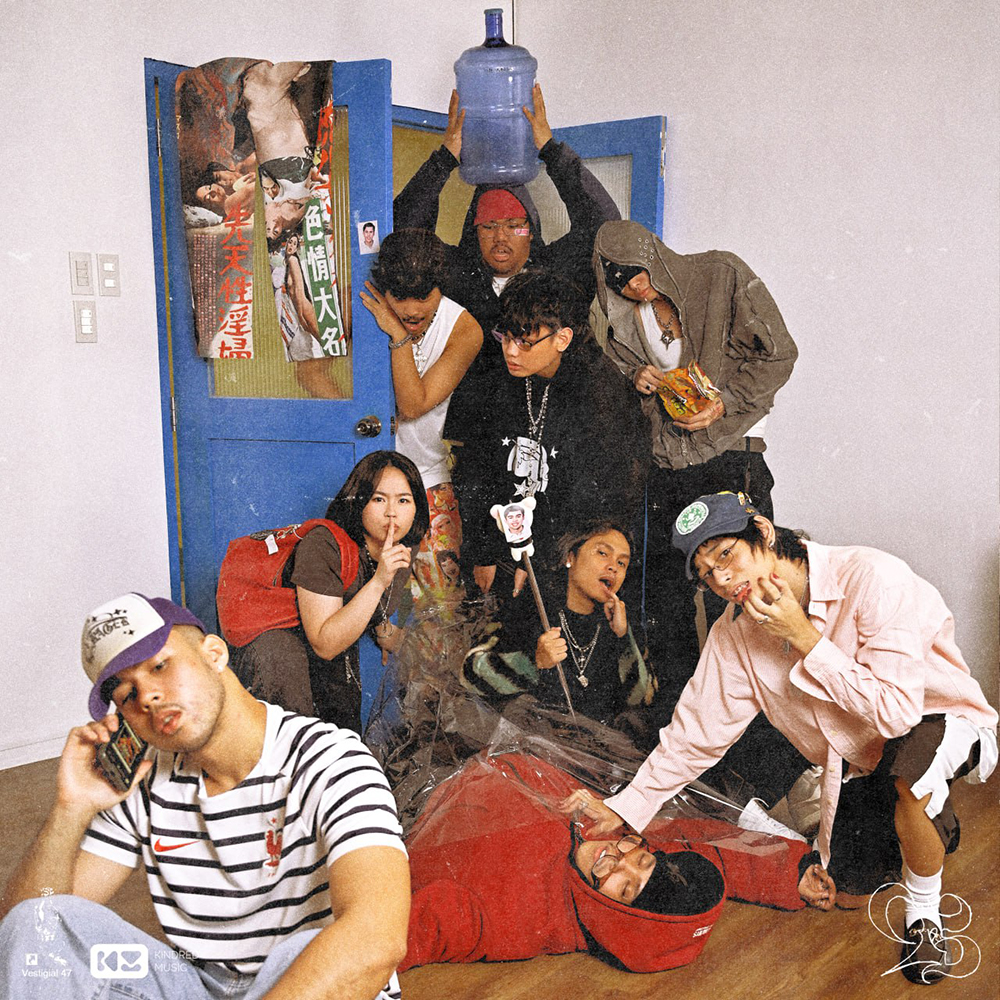
CHEKE has six artists on its roster, including Costa Cashman [of O Side Mafia] and singer/songwriter Kyleaux. What kind of musician does the label look for?
Music is subjective. CHEKE is a team of creatives, and my business partners are music artists, too, so we choose based on our respective tastes. We’re also suckers for artists who have their own personas and followings already. They should be skilled in marketing themselves online and know how to make content. It’s no longer enough for artists to release songs and then post on social media only once or twice. They must understand the digital marketing landscape now.
Speaking of the current marketing landscape, what is CHEKE doing differently to banner its artists?
We have a narrative that’s intentional on our part: We release music as if it were part of a movie or a cinematic experience with four distinct acts, like what we did with Costa Cashman’s single drop. The first part features the sound he’s known for, which is gangsta rap, then the next one would have a more RnB flavor, and so on and so forth. That way, the public discovers the different sides of a musician.
People can say it’s just a creative gimmick, but our approach is based on research. We’ve strategized financially and developed a plan that we believe will work. Another way to see it is balancing the arts side and the business side. At the end of the day, we’re running a company so to be able to sustain our artistry, we have to know how to manage the business. We must find a meeting point between profitability and creative freedom.
That approach also means the artist must be willing to stretch their repertoire.
Yes, and our artists are very open to that, which is great. They trust our vision and the producers who work with them.
Why specifically Filipino hip-hop?
Because I enjoy hip-hop. Not a lot of people in the industry would put their necks out for their artists, and that’s why I chose this genre. It’s just sad that even here in the Philippines, we have Filipinos who look down on Filipino music—on Pinoy hip-hop—if it’s written in Tagalog; they categorize it as baduy. That’s something I really want to change.
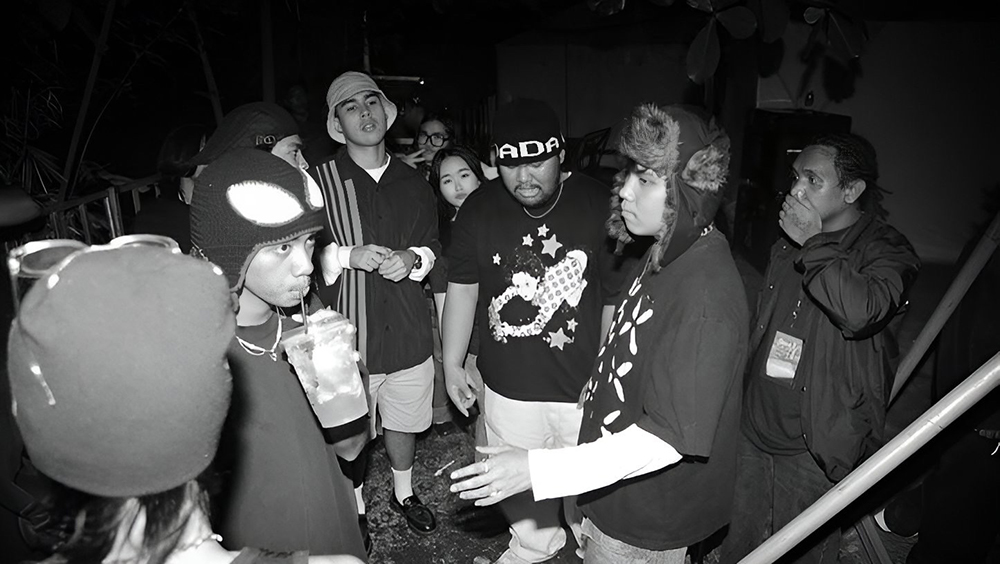
Where do you see the gap in how Pinoy hip-hop is marketed in the local music industry?
Hip-hop music comes from a very specific cultural standpoint. Our artists come from different backgrounds, different environments, and different kinds of upbringings. As a category, it isn’t very organized. What CHEKE is trying to do is put some order into the framework of the hip-hop scene to ensure the artists’ longevity. A lot of people despise the word “label” because of the prevalent belief that labels steal from artists and capitalize on their work; that’s why a lot of artists prefer to be independent. We at CHEKE want to make our artists proud of what we do so we can achieve our vision of bringing them to where they want to be, whether it’s financial security, fame, or both. The label basically functions as an accelerator for them.
You mentioned doing a lot of research before deciding on how to promote your stable of artists. How do you know that a single will be a hit among your target audience?
That’s hard to tell beforehand because audience reception is all about trial and error. You never really know what will become a hit. Sometimes, the ones you think will be big don’t get any kind of reaction at all. Getting a hit is like a KPI in our industry, and our first few releases didn’t hit like we expected them to. But as we release more, as they build up, we get closer to getting one. If you have a hit, you have more streams, more people get to know your songs, more brands will approach you, and the more money you make for your artists.
Speaking of the target audience, please describe the profile of a CHEKE fan.
Our demographic right now is on the Gen Z side and is chronically online. They use TikTok a lot and express themselves online through videos, memes, thirst traps, and outfit videos. Frankly, though, one hit song doesn’t dictate your primary audience. You’ll have a core fanbase who follows your music, but once a new song of yours becomes widely popular, your base expands.
What have you noticed are the best platforms for promoting hip-hop music to the public?
Of course, TikTok has remained strong since the pandemic. Instagram has also adapted already. All platforms for short videos like Instagram Reels and YouTube Shorts are great. Facebook, too, actually, depending on your demographic.
Really, Facebook? I thought the youth had left that platform behind.
Some artists who are heavily in the hip-hop crowd are still on Facebook because that’s where the so-called chronically online people are, thanks to the free data. It’s for a different demographic compared to the genres of the other artists I work with, like RnB. They have different spending patterns. I wouldn’t say they’re not upscale but…it’s really different.
@papayasoak How to get on Spotify editorial playlists in the Philippines #musicindustryadvice #musicmarketing #musicindustry #independentartist #musiciansoftiktok ♬ Club Penguin Pizza Parlor - Cozy Penguin
Not to sound classist but there is an element of class division when you talk about hip-hop music.
That’s true, class is a big thing in local hip-hop, especially if you’re a rapper with a well-off background. I’ve read up on studies on this, and you can observe this as well: Filipino artists who rap in English and then reach some level of success have a more noticeably elevated branding. Because they’re more marketable, brands would approach them. So there is that kind of stigma on Tagalog hip-hop, which is what we’re trying to change. Even though an artist who raps in Tagalog blows up among the masses, it’s sad that their music still gets frowned upon in the industry just because it’s written in our own language.
How do you keep up with the new developments in the music industry, by the way?
I make it a point to be aware of what’s happening: What’s on top of the charts, what are the viral tracks…I read a lot about the music business, not just locally but worldwide. I study what artist managers are doing in different countries, what the leaders are doing, plus a few financial analytics stuff. On a personal level, I like researching new music because it helps develop my sound palate.
So which is more difficult to handle: food or artists?
Well, napapanis ang pagkain (food eventually spoils), haha! When I was still with Careless, the CEO told me that artist management is a different beast. Artists have a timeline for their success, and the best time [to start] is often in your younger years. Of course, some people believe age doesn’t and shouldn’t matter; it’s a case-to-case basis. But the younger you start, the more time you have to work. Not everyone becomes an overnight success. At the very least, it takes an artist three to four years on average to build a name. Bini, O Side Mafia…they took around that much time before they met success.
@papayasoak Try natin ung trend natoh lolz #propaganda #artistmanagement #artistdevelopment #musiciansoftiktok ♬ I think about it all the time featuring bon iver - Charli xcx & Bon Iver
What’s your long-term vision for CHEKE?
I envision it to be a household name in the Philippines and to be at the forefront of Filipino music, specifically hip-hop and RnB. I also don’t want to box ourselves into one genre. I want us to elevate Filipino music as a whole. I want to be able to reach out to different Pinoys overseas and show the world that Filipino music can compete regionally and globally.
And what knowledge do you want to impart to artists from any genre, coming from your experience of handling musicians?
It’s an interesting time because you can see that on the local Billboard charts, there are more Filipino singles and artists than foreign ones. One thing artists must understand is that they should know the value of their music and their artistry. They have to do their research on what the industry standards are and how much they should be paid. They can always ask me about that stuff on Instagram. I’m glad to share the knowledge I’ve picked up.
***
Learn more about Justine Wieneke on his Directory Profile and follow him on Instagram and Tiktok. Check out CHEKE’s socials through the record label’s Linktree. All images in this story are courtesy of Justine Wieneke.
Want to connect with Justine? Get in touch by filling out the Connect with a Creative form. Want to be part of our creative community and have the chance to be featured on CREATEPhilippines? Sign up and register for our Directory of Creatives here. Join our Viber community, too, and follow us on Instagram, Facebook, X, and LinkedIn to be updated on the creative events that we’re promoting.
